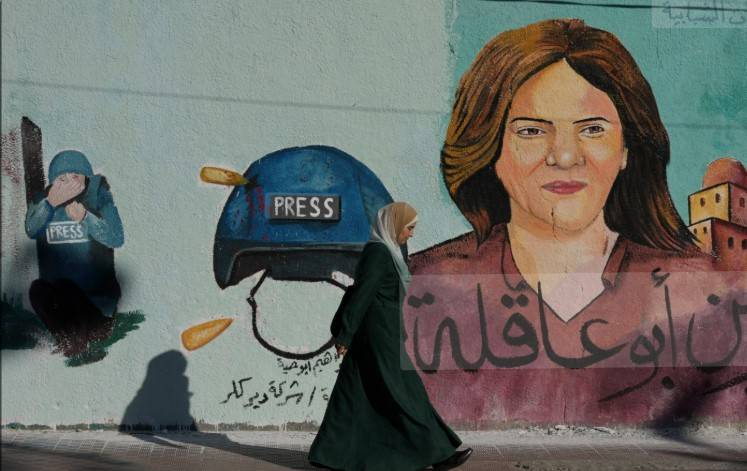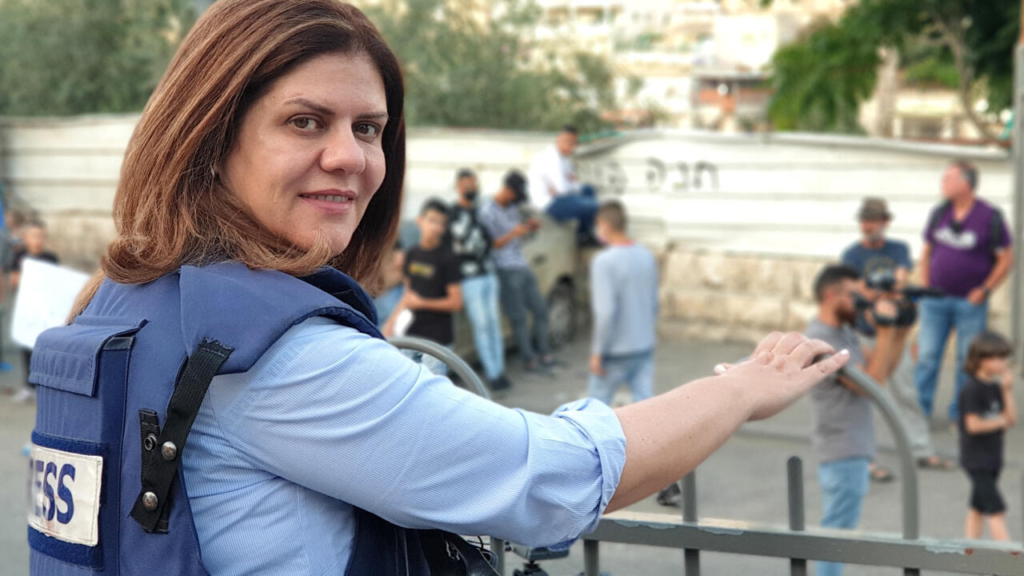Introduction
A gripping new documentary has reignited calls for justice in the case of Shireen Abu Akleh, the Palestinian-American journalist shot dead while covering an Israeli military raid in Jenin. The film claims to identify the individual responsible for her killing—sparking global reactions and renewed pressure on Israel for accountability. Here’s a breakdown of the top five revelations from the film that could change the narrative surrounding this tragic case.



1. The Film Directly Names a Suspect
Unlike previous reports that stopped short of assigning individual blame, the documentary explicitly identifies the soldier alleged to have fired the fatal shot. The film backs this claim with geolocation analysis, ballistics data, and eyewitness testimony—all pointing to a single source within the Israel Defense Forces (IDF).
2. New Forensic Evidence Emerges
The filmmakers collaborated with independent forensic analysts to reassess the bullet trajectory and the acoustic signature of the shot. The evidence supports earlier findings by organizations such as CNN, the UN, and Bellingcat but goes further by matching the bullet’s angle with a specific sniper position used during the raid.
3. Eyewitness Testimonies Contradict Official IDF Narrative
Multiple eyewitnesses, including fellow journalists and residents, dispute the IDF’s claim that Abu Akleh was caught in crossfire. Instead, the testimonies reveal a pattern of deliberate targeting, suggesting she was clearly marked as press and not in a combat zone when shot.
4. International Legal Experts Weigh In
The documentary includes insights from war crimes experts who argue that the killing may constitute a violation of international humanitarian law. Legal analysts point to the Geneva Conventions and the duty of armed forces to protect journalists in conflict areas.
5. The Film Has Prompted Renewed Calls for ICC Involvement
Following the film’s release, several human rights organizations, including Reporters Without Borders and Human Rights Watch, have urged the International Criminal Court (ICC) to formally investigate the case. The documentary is being submitted as evidence in support of such actions.
Conclusion
The film’s revelations could mark a turning point in the international community’s response to Shireen Abu Akleh’s death. By presenting compelling new evidence and naming a suspect, it challenges official narratives and bolsters the push for justice. As global pressure mounts, the case underscores the urgent need to protect journalists working in conflict zones and to hold perpetrators accountable.
Want t








